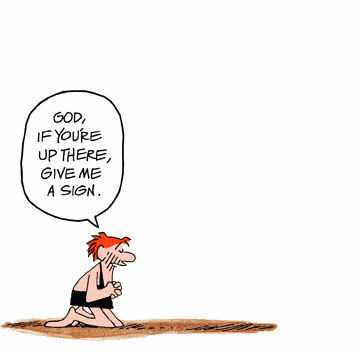Facing Nothingness
Have you ever experience that after a long period of time, when you poured all of your effort on something and then one day you just feel that you want to give up and you will discover/feel that in front of you are an abyss and there is nothing. What is this nothing? Where will we find the nothing? In order to find something must we not already know in general that it is there? Indeed, and we must be able to encounter it.
In my class Advance Reflexive Metaphysics, my Professor Mr. Eduardo Calasanz started with Martin Heidegger’s article “What is Metaphysics” in 1930. Heidegger began his whole project with nothing that determined the whole flow of his thought (am I making sense here?). Nothing is his point of departure, and it is not something. Nothing here is used as a verb which cannot be reduced to a concept. Nothing is a certain experience, the complete negation of the totality of beings. However it deals with beings in a unity of the “whole”, if only in a shadowy way. It is the same when one experiences boredom or joy. In other translation of this text, nothing is being compared with the experience of angst.
Here is a more concrete example: in getting hold of ourselves, we lost control of ourselves right? When you commit to another person, one important element is trust. And when we entrust ourselves to the other we withdrew from everything and we become less in control. Trust is the radical vulnerability; it is lost of ground and certainty. And an example Mr. Calasanz gave was “what if JP here, who always dreamed of becoming a priest someday. So from childhood he prepared himself, he studied very hard, sacrificed a lot for that dream and then entered the seminary. Then suddenly, one day JP woke up and said to himself ‘ayoko na.’ (I don’t want it anymore)”
This feeling is not unknown to us. Maybe some of us have experienced this. When everything crashes, after what happened you discover that it is the end of the cliff. And that what he means by “nothing”. When we stake our self with only one thing and that one thing was lost. This is the experience when we ourselves discover that we are in front of an abyss, where we don’t have anything to hold on to. And ask ourselves: where do I go? Where do I begin? Where do I stand?
For Heidegger the choice of beginning is important. Maybe I am facing right now the nothingness, and I ask the same questions. Where do I begin? And this question I think is trying to make sense of the whole. After the experience of loss, fear, hurt, frustration etc. – where do I begin? We are caught between nothing and being (mortal, human). I am going to die (and that is what means to be human) but not dead yet – it means that there is still time for presence, to love and be love, to console and be consoled, to forgive and be forgiven… and this I think is the miracle of it all that there is. I hope after experiencing this nothingness will eventually reveal me something – what there is which means that there is something, something that will last and will show me as belonging to the Being of beings.

















0 Comments:
Post a Comment
<< Home